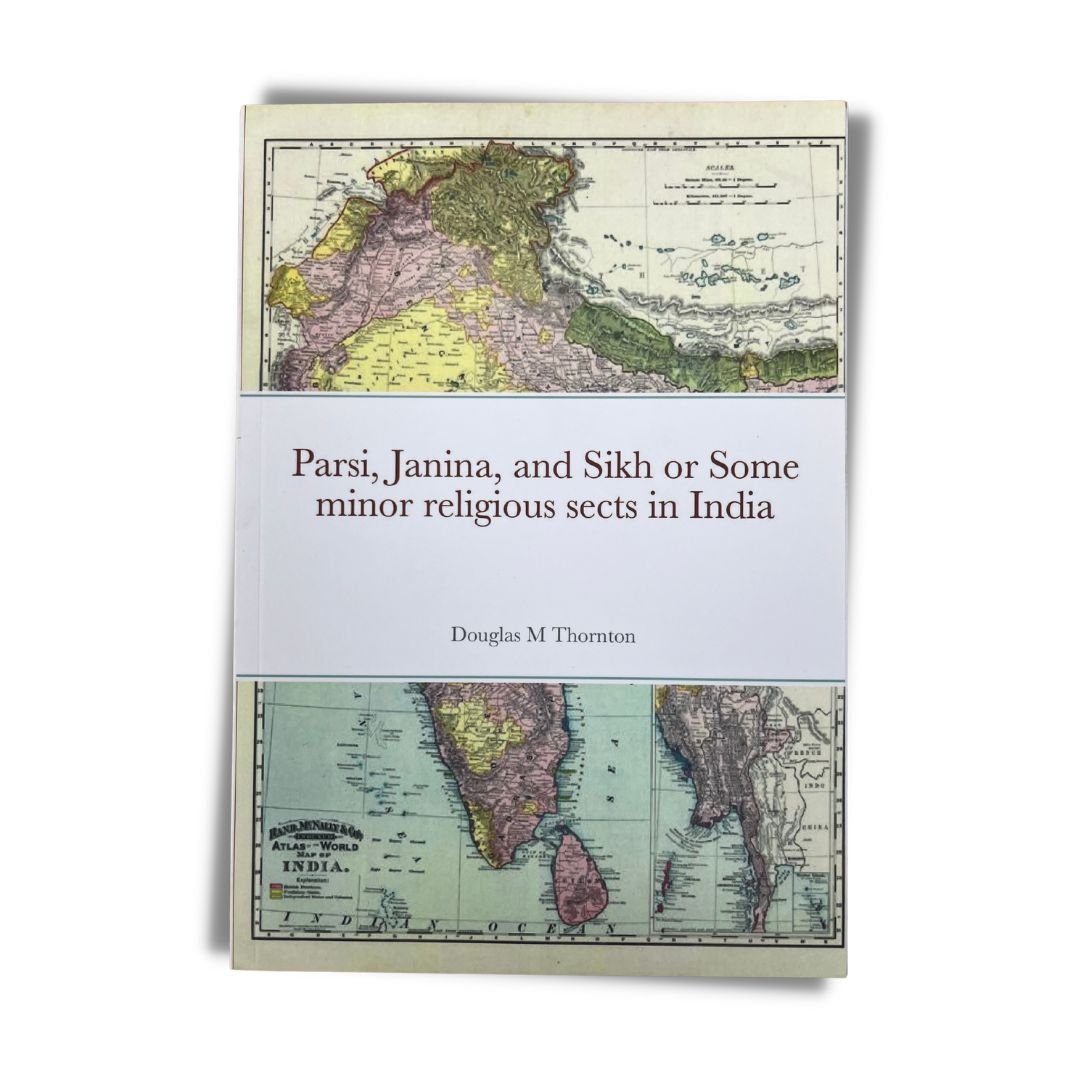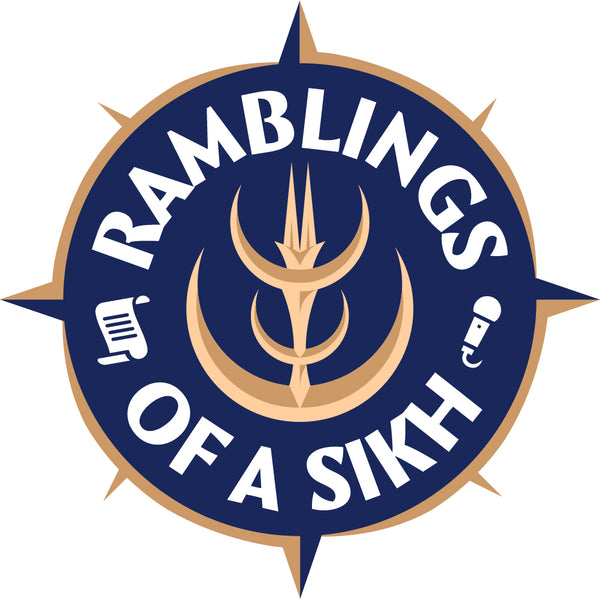1
/
of
1
Low stock: 7 left
Parsi, Janina, and Sikh or Some Minor Religious Sects in India by Douglas M Thornton
Parsi, Janina, and Sikh or Some Minor Religious Sects in India by Douglas M Thornton
Regular price
£5.00 GBP
Regular price
Sale price
£5.00 GBP
Unit price
/
per
Taxes Included. For international orders, any additional duties or customs fees upon delivery are the responsibility of the purchaser.
Shipping calculated at checkout.
No reviews
Couldn't load pickup availability
Synopsis
Synopsis
Douglas M Thornton [1873-1907] was an English Christian missionary to Cairo, Egypt with the Church Missionary Society from 1898 to 1907. He died after only nine years there, of typhoid fever, but the missionary principles he demonstrated were carried on by W.H.T. Gairdner and others.
This essay won the Maitland Prize Essay for 1897 and was then published the following year in the Religious Tract Society, 1898. It provides a brilliant insight into the British understanding of the various communities within India.
Excerpt from Parsi, Janina, and Sikh, or Some Minor Religious Sects in India:
The distinctive tenets of the Jaina take us, for their origin, back to the Buddhist era in India - that greatest era of religious specula tion that the world has ever known. And hence the, study of Jaina philosophy throws many side lights on the origin of Buddhism and the period which gave it birth. It is time that this were recognized more widely by anglo-indians.
The Sikh remind us of the entrance of Islam into India, and the era of its struggle with reforming Hinduism. Their faith em bodies both the pantheism of the Brahman and the monotheism of the Muslim, being itself the product of the reflections of successive teachers under both these influences.
The book conforms to the following: A5 (5.83 x 8.27 in / 148 x 210 mm), 97 Pages, Black & White Standard, 60# (90 GSM) White Paper, Paperback, Matte Cover
This essay won the Maitland Prize Essay for 1897 and was then published the following year in the Religious Tract Society, 1898. It provides a brilliant insight into the British understanding of the various communities within India.
Excerpt from Parsi, Janina, and Sikh, or Some Minor Religious Sects in India:
The distinctive tenets of the Jaina take us, for their origin, back to the Buddhist era in India - that greatest era of religious specula tion that the world has ever known. And hence the, study of Jaina philosophy throws many side lights on the origin of Buddhism and the period which gave it birth. It is time that this were recognized more widely by anglo-indians.
The Sikh remind us of the entrance of Islam into India, and the era of its struggle with reforming Hinduism. Their faith em bodies both the pantheism of the Brahman and the monotheism of the Muslim, being itself the product of the reflections of successive teachers under both these influences.
The book conforms to the following: A5 (5.83 x 8.27 in / 148 x 210 mm), 97 Pages, Black & White Standard, 60# (90 GSM) White Paper, Paperback, Matte Cover
Genre
Genre
- Sikh History
- Indian History
- Punjabi History
Language
Language
ENG- English
Cover Type
Cover Type
- Paperback


